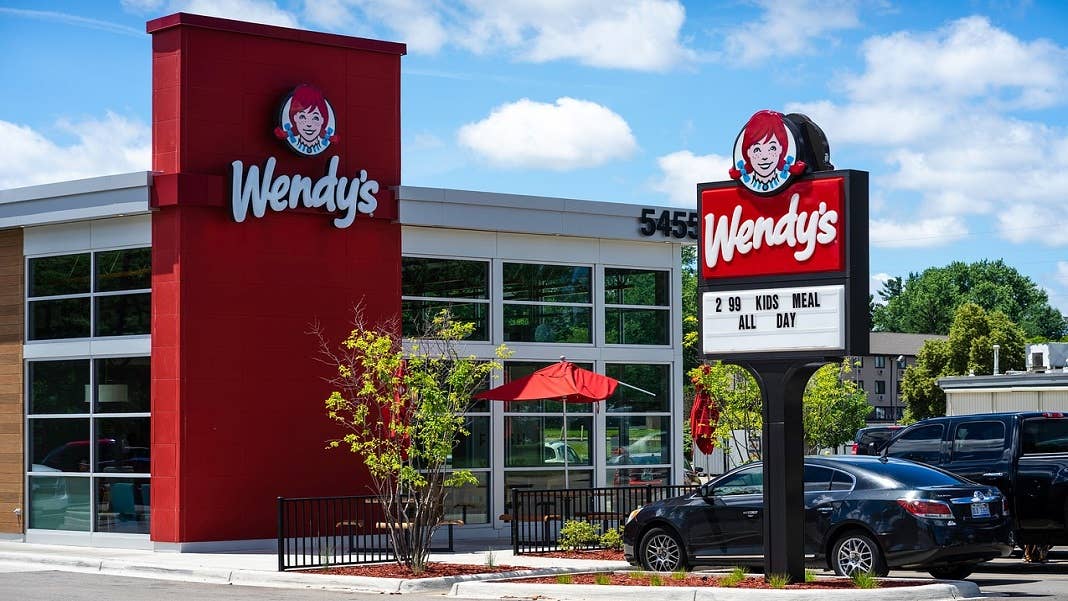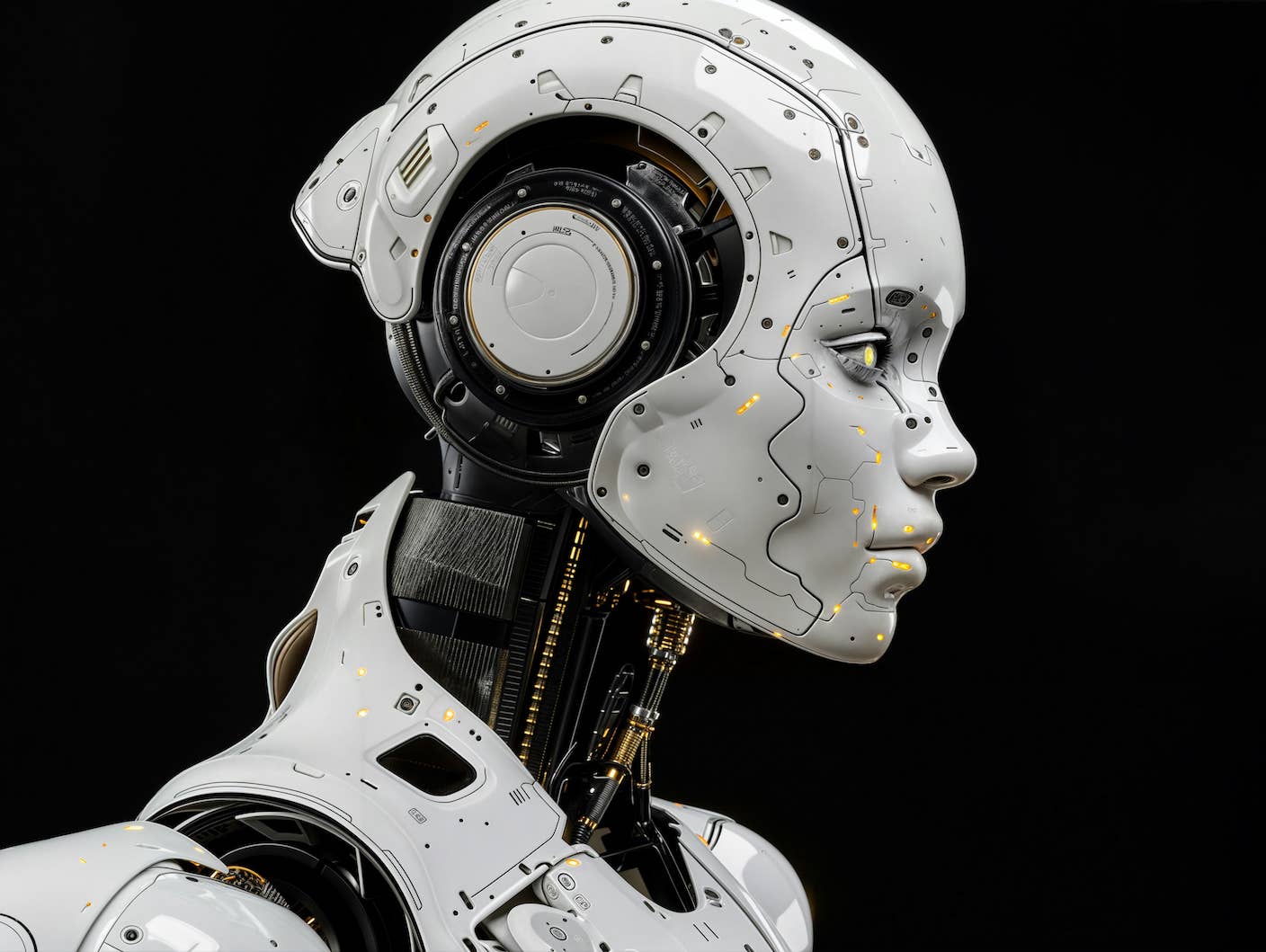A Google AI Chatbot May Soon Take Your Drive-Through Food Order at Wendy’s

Share
The recent proliferation of generative AI models—which are now being used to produce online search results, make art, help with customer service calls, and much more—has heightened fears of technological unemployment. Though AI is ultimately likely to create more jobs than it renders obsolete, it will indeed render some obsolete, and it seems that among these will be fast food drive-through operators.
Last week, Wendy's and Google Cloud announced that the fast food chain will be piloting a custom-designed AI for drive-through food ordering. Wendy's FreshAI, as the technology’s been dubbed, will reportedly give drive-through customers a better ordering experience by reducing miscommunications and errors. Since customers can tweak the restaurant’s offerings to their liking—hold the mustard, pile on some extra pickles, take out the onion and sub in more lettuce—the order combinations are endless, and the companies believe an algorithm can do a better job of keeping it all straight than a human can.
The partnership between Wendy’s and Google isn’t new. The companies started collaborating in 2021, when the fast food chain started using Google Cloud's data analytics, AI, and hybrid cloud tools for mobile ordering and other convenient ways for “customers to access the brand.”
Their new agreement entails an order-taking, question-answering chatbot. Wendy’s says 75 to 80 percent of its orders come from drive-throughs, so the bot better know its stuff. Like OpenAI’s ChatGPT and Google’s LaMDA, the tool is a large language model (LLM), a type of deep learning algorithm trained on large datasets (as large as the entire internet, in some cases) to learn the relationships between words and the probability of different words preceding or following one another in a sentence. LLMs establish parameters that allow them to generate text based on prompts—or, in the case of ChatGPT and Wendy’s FreshAI, respond to questions from users in a human-like way in real time.
Wendy’s FreshAI was trained on data from Wendy's menu, the chain’s business rules, and basic conversation logic. It will be able to have conversations with customers and answer their questions, as well as confirming their orders on a screen and relaying them to the cooks inside.
“It will be very conversational,” Wendy’s CEO, Todd Penegor, told the Wall Street Journal. “You won’t know you’re talking to anybody but an employee.”
The chain’s chief information officer, Kevin Vasconi, gave the AI an even heartier endorsement, saying, “It’s at least as good as our best customer service representative, and it’s probably on average better.”
The algorithm was trained to answer frequently asked questions, so it could be interesting (and entertaining) to hear what it comes up with in response to not-so-frequently-asked questions. The AI will doubtless have some perplexing late-night interactions with hungry, impatient, and inebriated customers who just want to dip their fries in a chocolate milkshake (or as Wendy’s calls it, a Frosty). In fact, Penegor said the chain plans to expand its hours and “lean into late night.”
Be Part of the Future
Sign up to receive top stories about groundbreaking technologies and visionary thinkers from SingularityHub.


Google has likely built some hefty guardrails into the chatbot to keep it from saying anything untoward, but even so, its rollout will be gradual. It will first launch at a couple of restaurants near Columbus, Ohio next month; if that goes well, it will expand to other locations. The pilot restaurants will have a human employee on hand to monitor the AI and take over and talk to drive-through customers if needed.
Besides making the ordering experience better for customers, the AI is meant to take some work off employees’ hands and free them up to focus on making food and keeping the restaurants running smoothly. It could also be extra good for Wendy’s bottom line (and bad for customers’ waistlines) in that it’s programmed to try to upsell people, offering them larger sizes, daily specials, and desserts.
Wendy’s isn’t the first fast food chain to integrate AI into its ordering process. Popeye’s, McDonald’s, Carl’s Jr., Hardee’s, Taco Bell, and Wingstop have all experimented with AI order-taking in drive-throughs or over the phone. A Popeye’s in Louisiana reported that after starting to use a chatbot called Tori for drive-through orders, speed of service increased by 20 percent, drink sales went up by 150 percent, and customer satisfaction improved by 20 percent—all with 99.9 percent accuracy in order-taking.
Could Wendy’s see similar results? We’ll find out, but it seems entirely possible that they will—and that people conversing with algorithms will be the most normal of everyday experiences in the not-too-distant future.
Image Credit: Michael Form / Pixabay
Vanessa has been writing about science and technology for eight years and was senior editor at SingularityHub. She's interested in biotechnology and genetic engineering, the nitty-gritty of the renewable energy transition, the roles technology and science play in geopolitics and international development, and countless other topics.
Related Articles

What the Rise of AI Scientists May Mean for Human Research

Scientists Want to Give ChatGPT an Inner Monologue to Improve Its ‘Thinking’

Humanity’s Last Exam Stumps Top AI Models—and That’s a Good Thing
What we’re reading